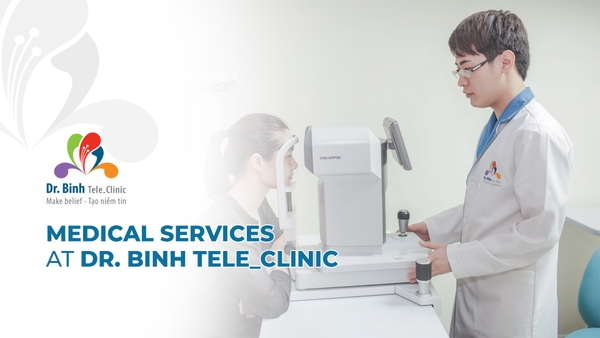Blood test could predict premature birth
- Dr.Binh Tele_Clinic offers up to 30% off on endoscopy with anesthesia combos
- Special Offers at Dr.Binh Tele_Clinic on Vietnamese Women’s Day
- Dangerous complications of cerebral infarction
- What to know when treating urinary stones?
21/06/2018
-0 Bình luận
Premature birth is one of the leading causes of infant mortality, and a new test could help doctors spot it.
Giving birth prematurely is one of the biggest dangers mothers and their babies can face. Complications due to preterm birth are among the leading causes of infant mortality in the U.S., and they are among the leading causes of death in children under five globally.
Now, an international team of scientists has debuted a new type of blood test that is nearly as effective as an ultrasound in determining how far along a woman is in her pregnancy and, crucially, how likely she is to give birth ahead of term.
While the test is still in early stages of development, the team says that it is cheaper and easier to transport than ultrasound equipment. If it proceeds into commercial release, the test could allow pregnant women living in low-income neighborhoods or remote regions with few medical facilities to more easily access this type of valuable prenatal care.
“This is an encouraging study that really warrants the continued investment and evaluation in a larger cohort of women,” says Louis Muglia, director of the Center for Prevention of Preterm Birth at Cincinnati Children's Hospital.
WHY IS PRETERM BIRTH SO DANGEROUS?
A preterm birth is any birth that happens at least three weeks earlier than a mother's nine-month gestational period. Many preterm births are difficult to predict, and infants born early can suffer from a variety of physical and neurological disorders.
The condition affects around 9 percent of U.S. women. While genetics are influential factors in determining risk for early labor, the mother's health and other environmental conditions are highly influential, as well.
For instance, underweight moms and moms who smoke are at higher risk of delivering preterm. African American mothers are also more likely to deliver babies preterm, and the likely reasons include health conditions such as chronic vitamin deficiency. (Find out how dust from the 9/11 terrorist attacks made newborn babies smaller.)
WHAT DOES THE NEW BLOOD TEST DO?
Described today in the journal Science, preliminary trials of the new blood test were able to predict a baby's gestational age with 45-percent accuracy. That's roughly in line with ultrasounds, which currently predict ages with 48-percent accuracy. In addition, the researchers were able to predict which women would deliver their babies early with 75- to 80-percent accuracy. (Here's how a different test can tell a person's age from crime scene blood.)
The test works by looking at what's called cell-free RNA in the mother's blood. These tiny bits of the “messenger molecule” carry genetic instructions telling the body how to make proteins. In their trials, the scientists examined levels of cell-free RNA linked to various genes, to try and find ones that might predict an early due date.
To do this, the research team first fine-tuned how to determine the stage of a pregnancy. Twenty-one Danish women provided blood samples on a weekly basis until they delivered their babies at full term. This helped scientists establish a model that showed which genes could be used to determine the gestational age. The model was verified using samples of blood from 10 additional women.
The team then sampled blood from 38 American women who had given birth preterm in a previous pregnancy. The researchers took blood samples during both the second and third trimester of these women's current pregnancies. From this group, 13 again delivered their babies early, and 25 came to full term. By comparing the groups, the team identified cell-free RNA from seven genes that seem to predict an early pregnancy.
“We think it's mom sending a signal that she's ready to pull the ripcord,” study co-author Mira Moufarrej of Stanford University said in a press release.
WHAT'S NEXT FOR THIS TEST?
The study authors note that the blood test is still in very early stages. For starters, their trials only looked at a limited number of women, and the test won't really be verified until they can increase the sample size.
Still, the researchers say, the blood test is promising. Previous methods of predicting preterm birth have been much more unreliable, since many were based simply on whether a mother had previously given birth early or were looking at factors that are only identifiable much later in a pregnancy.
What's more, further work on identifying the genetic triggers of early delivery may help scientists one day develop treatments to not just predict but also combat the condition.
"I've spent a lot of time over the years working to understand preterm delivery,” study co-author Mads Melbye of Stanford said in a press release. “This is the first real, significant scientific progress on this problem in a long time."
Source: nationalgeographic.com




















Bình luận của bạn